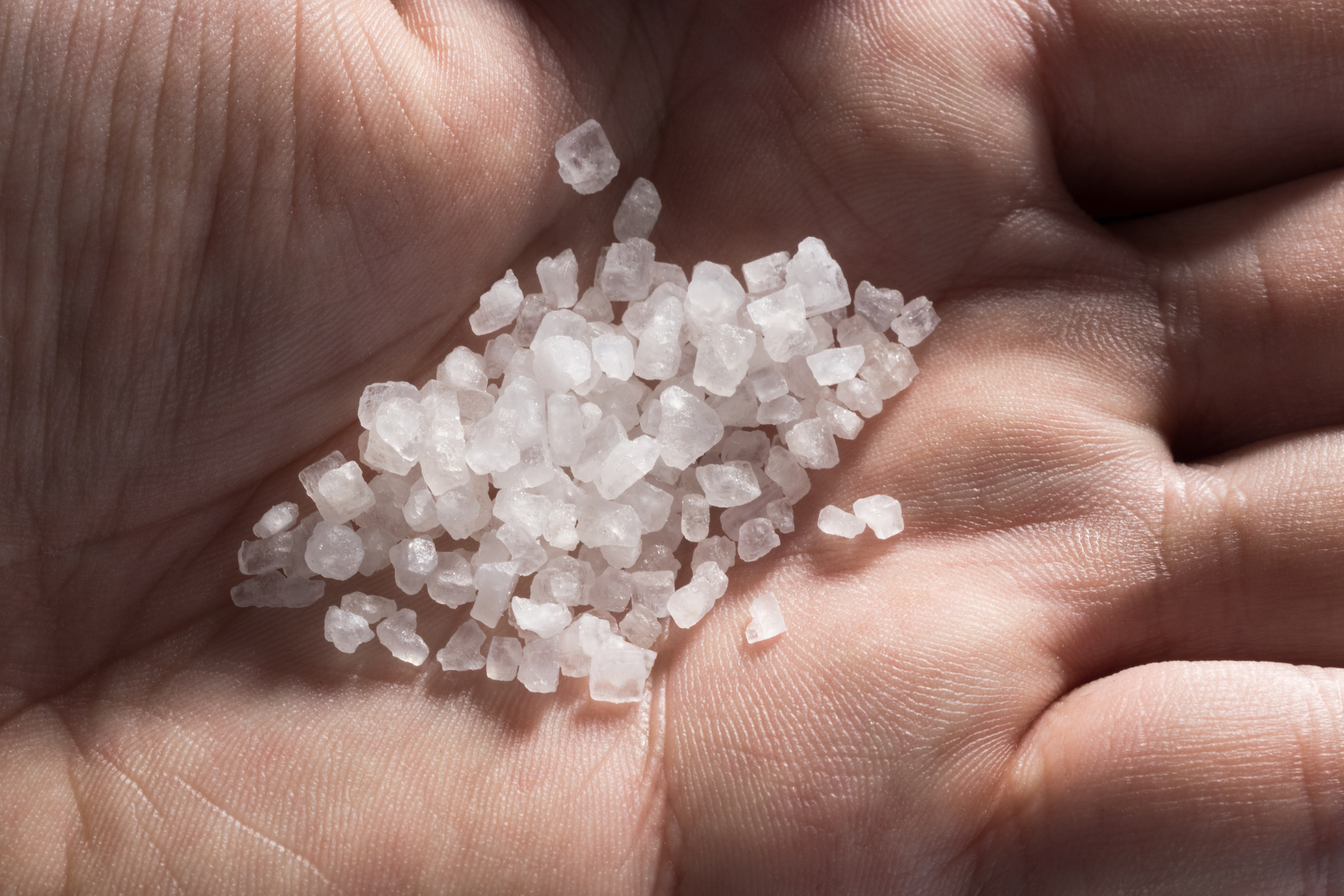Are you one of those people who add salt before tasting the food? With a regulation published by the Ministry of Health in 2015, salt shakers were removed from the tables in cafes and restaurants. We all know that salt causes many health problems along with high blood pressure. So how can it harm our brain? Successful scientist Jonathan D. Grinstein makes effective statements on this subject.

It is well known that excess salt consumption leads to high blood pressure, which is a risk factor for a number of health problems, including heart disease and stroke. But research over the past decade has shown an incomplete link between salt and brain health, pointing to an association between salt intake and stroke, independent of the risk of high blood pressure and heart disease.
There is growing research showing that there is a communication between the gut and the brain, now commonly referred to as the gut-brain axis. Disruption of the gut-brain axis causes a wide variety of diseases, including Parkinson’s disease and irritable bowel syndrome. As a result, the burgeoning field of gut-brain axis research is growing and developing rapidly. A study from 2013 showed that high salt intake leads to profound immune changes in the gut, resulting in an increased vulnerability of the brain to autoimmunity.
Now let’s come to the main research, which we will talk about in the rest of the article. This research , published in the journal “Nature Neuroscience,” shows another connection: Immune signals sent from the gut can compromise the brain’s blood vessels, leading to impaired brain health and cognitive impairment. The research uncovers a gut-brain connection and shows that excess salt can negatively impact brain health in humans by disrupting the brain’s blood vessels, regardless of its effect on blood pressure.
Reducing salt intake is relevant for people around the world, especially since adults consume a lot of salt. This corresponds to an average of 9-12 grams per day. The maximum intake level recommended by the World Health Organization is 5 grams.
Excessive salt consumption causes learning disabilities.

This latest study uses mice. They found that immune responses in the small intestines led to a cascade of chemical responses that reduced blood flow to the cortex and hippocampus, two brain regions found crucial for learning and memory. This, in turn, brought a drop in cognitive performance tests.
The impairment in learning and memory was evident even in the absence of high blood pressure. They observed that the gut responds to salt overload and directs immune signals that compromise the functioning of the brain. While this study has so far only been performed on research animals, scientists believe the same is likely true for humans.
The harmful health effects of excessive salt intake disappeared when the mice reduced salt after a high-salt diet. A pharmacological intervention that disrupted immune signals also reversed the effects.
The implications of this newly identified gut-brain connection extend to a variety of autoimmune disorders, including multiple sclerosis, rheumatoid arthritis, psoriasis, and inflammatory bowel disease, which were shown to activate the same immune signaling pathway involved in this study. These autoimmune disorders are linked to poorly functioning blood vessels in the nervous system.
This research is proof that what we eat affects how we think, and that parts of the body that appear to be isolated can play vital roles in brain health. These results inspire research on how daily stressors to our digestive system and blood vessels can change the brain and thus how we see and experience the world.













